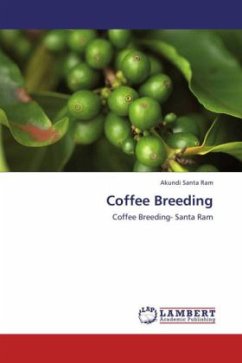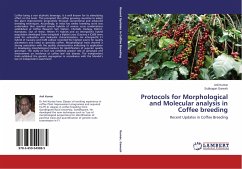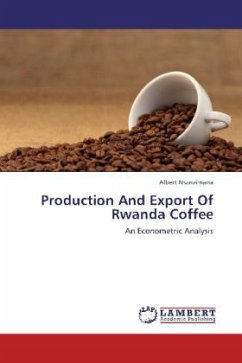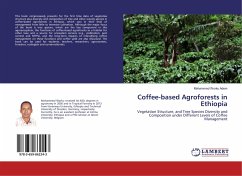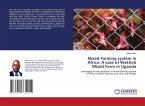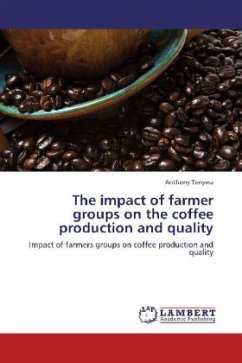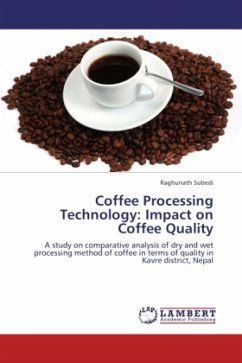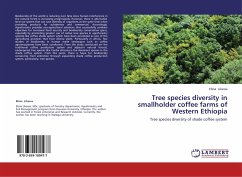Coffee breeding is the focus subject of this book. Coffee is a very important commodity in international commerce. Coffee breeding dates back to 19th Century and has been pursued vigorously through the 20th Century and is being pursued actively in many of the more than 80 developing countries producing coffee. The economies of most of these producing countries are dependent up on the earnings from coffee exports. However, commercial coffee plants are ravaged by many pests and diseases. The two commercially important species Coffea arabica and C. canephora are biologically distinct with diverse reproductive systems. This entails the use of widely divergent breeding techniques for the improvement of these species for commercial exploitation. Breeding disease and pest resistant coffee plants is very important to most of the coffee producing countries as this ensures environmental health in the long run and contributes to public health promotion in these countries. The book Coffee Breeding reviews the existing knowledge on the subject of classical plant breeding as applied to coffee, summarises the recent advances and presents models for future breeding exercises.
Bitte wählen Sie Ihr Anliegen aus.
Rechnungen
Retourenschein anfordern
Bestellstatus
Storno

